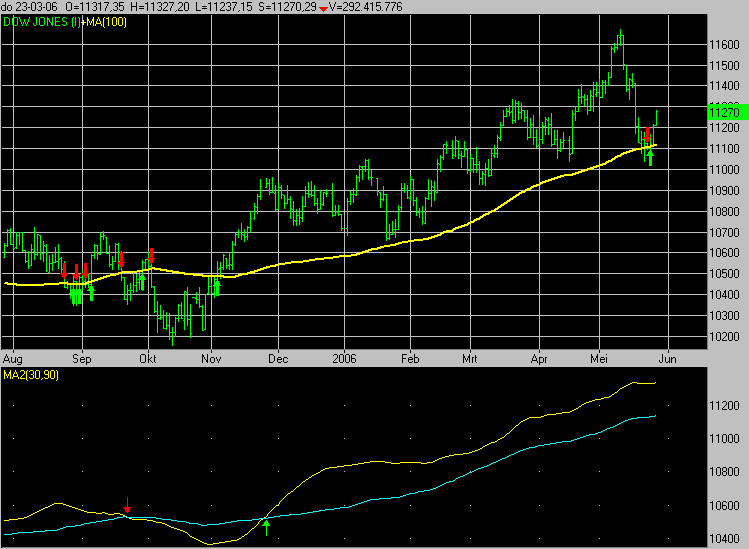Reflexiones sobre los mercados y la reflexividad económica

Programa
- A Sociology of Algorithms: High-Frequency Trading and the Shaping of Markets (Una sociología de los algoritmos: mercados bursátiles de alta frecuencia la configuración de los mercados). Por Donald MacKenzie (University of Edimburgo).
Abstract: "What becomes of economic sociology when markets and most participants in them are computer algorithms? This paper addresses that question empirically, drawing on research on the currently most controversial type of algorithm in financial markets, high-frequency trading (HFT) algorithms. That research (involving interviews with 33 high-frequency traders) is embedded in a broader historical-sociological study of the main markets in which HFT operates.
The paper will begin by sketching (in non-technical terms) three crucial classes of financial-market algorithm: ‘matching engines’, ‘execution algorithms’ and HFT algorithms. After explaining in more detail how HFT algorithms operate, the paper will outline the historical process that has led to the current prominence of HFT in share-trading in the US.
I will then explore how HFT both shapes and is shaped by the other institutional/technical ecologies to which it is linked by contrasting three domains and in each case identifying a particular class of algorithmic operation that characterises key tensions in each domain:
1. US stock exchanges (characteristic operation: Intermarket Sweep Order);
2. US 'dark pools' (characteristic operation: algorithmic surveillance and 'boundary work');
3. Global foreign exchange (characteristic operation: 'last look').
- Performativity Rationalized (La performatividad racionalizada). Por Francesco Guala (University of Milan).
"Some critics have argued that the notion of performativity has been used inappropriately by economic sociologists. As a reply, I illustrate the Austin-Searle account of speech acts and explain its connection with the Lewis-Schelling theory of conventions. I argue that a performative speech act in Austin’s sense is essentially a correlation device and that economic theories can work as correlation devices in coordination games, focusing on MacKenzie’s study of the Black-Scholes model of option pricing. Since Austin’s speech acts and the models of economic theory perform similar functions, economics can be performative in Austin’s sense."
Moderador: Juan Urrutia (Fundación Urrutia Elejalde)
Para más información: David Teira. dteira(arroba)fsof.uned.es



 Medialab-Matadero Madrid
Medialab-Matadero Madrid